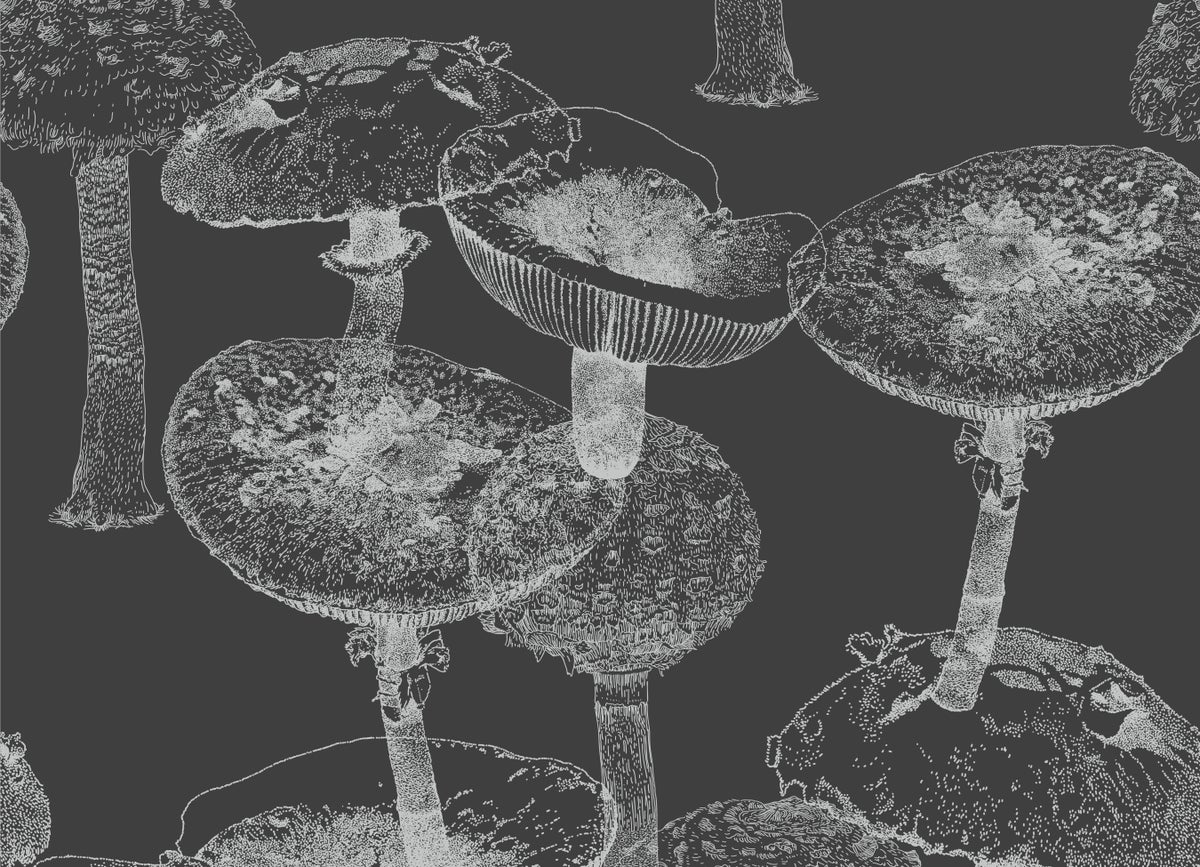- cross-posted to:
- [email protected]
- [email protected]
- [email protected]
- cross-posted to:
- [email protected]
- [email protected]
- [email protected]
The land, water and air around us are chock-full of DNA fragments from fungi that mycologists can’t link to known organisms. These slippery beings are so widespread scientists are calling them “dark fungi.” It’s a comparison to the equally elusive dark matter and dark energy that permeates the universe.



deleted by creator
I went to college in the '90s. Fungi being classified as plants is new to me. Though perhaps it is part of some Mandela effect or misremembering on my part. But it is inarguable that we’ve learned tons more over the last 20 to 30 years about them.
deleted by creator
That could just be down to the author and their aptitude. Lot of people writing field guides aren’t exactly scientifically minded or trained. Because fungus really are kind of anti plants in many ways. It’s sort of like the distinction between fruits and vegetable for tomatoes. For most people tomatoes have always been and will always be vegetables. Despite having long been classified scientifically as a fruit. And pineapples are berries.
deleted by creator
As some of my myco-heroes (Stamets & Sheldrake) have mentioned, there were no mycology departments or colleges at universities. In many, there still aren’t.
Writers, mycologists may have felt like stepping up & speaking truth about classification (at times, a scientific bureaucratic nightmare) was not the fight they wished to pursue over sharing knowledge they’ve learned about fungus (no bureaucratic dealings!)
A vegetable is any plant or any part of a plant used as food, so technically, all fruits are vegetables since they’re a part of a plant we use as food.
Typically a vegetable is any vegetative piece of a plant that isn’t a fruit but coming from stems roots or leaves